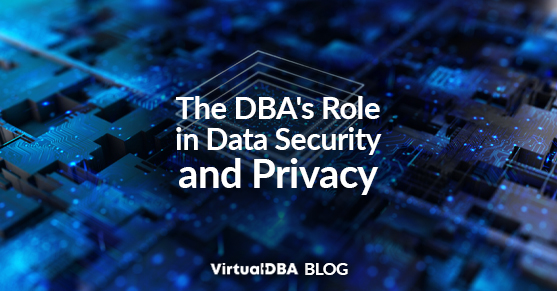Database Administrators (DBAs) are on the front lines of protecting sensitive data. As custodians of organizational information, they play a critical role in safeguarding data security and privacy. This blog post will delve into the specific data security and privacy risks associated with databases and explore the DBA’s responsibilities in mitigating them.
Data Security and Privacy Risks
Data security and privacy encompass many threats that can compromise sensitive information. Key risks include:
- Data loss: Accidental or intentional deletion of data.
- Data breaches: Unauthorized access to sensitive data.
- Privacy violations: Non-compliance with data protection regulations.
- Data misuse: Improper use of data within the organization.
The DBA’s Role
DBAs have a pivotal role in protecting sensitive data. Their responsibilities include:
Data Classification and Labeling
- Collaborate with data owners to accurately classify data based on sensitivity.
- Implement data labeling to facilitate access controls and security measures.
- Regularly review and update data classifications.
Access Controls
- Enforce strict access controls based on the principle of least privilege.
- Implement role-based access control (RBAC) to manage user permissions.
- Monitor and audit access activities to detect anomalies.
Data Encryption
- Ensure data encryption at rest and in transit.
- Implement critical management practices to protect encryption keys.
- Regularly review and update encryption standards.
Data Masking and Tokenization
- Employ data masking or tokenization to protect sensitive data when necessary.
- Balance data utility with security requirements.
Data Loss Prevention (DLP)
- Implement DLP solutions to prevent data exfiltration.
- Define and enforce data usage policies.
- Monitor for suspicious data transfer activities.
Privacy Impact Assessments (PIAs)
- Participate in PIAs to assess the privacy implications of database systems.
- Implement data protection measures based on PIA findings.
Incident Response
- Develop and test incident response plans for data breaches and privacy incidents.
- Collaborate with security teams to investigate and contain incidents.
- Implement measures to prevent the recurrence of incidents.
The Role of XTIVIA Virtual-DBA
XTIVIA’s Virtual-DBA team offers comprehensive data security and privacy services to help organizations protect their sensitive information. Our experts provide:
- Data security assessments: Identify vulnerabilities and recommend remediation steps.
- Access management consulting: Implement and enforce robust access controls.
- Data encryption solutions: Assist in implementing encryption best practices.
- Data loss prevention services: Help prevent data breaches and exfiltration.
- Privacy compliance support: Ensure compliance with data protection regulations.
- Incident response planning and management: Develop and execute effective incident response plans.
By partnering with XTIVIA, organizations can gain peace of mind knowing that experienced professionals protect their sensitive data.

